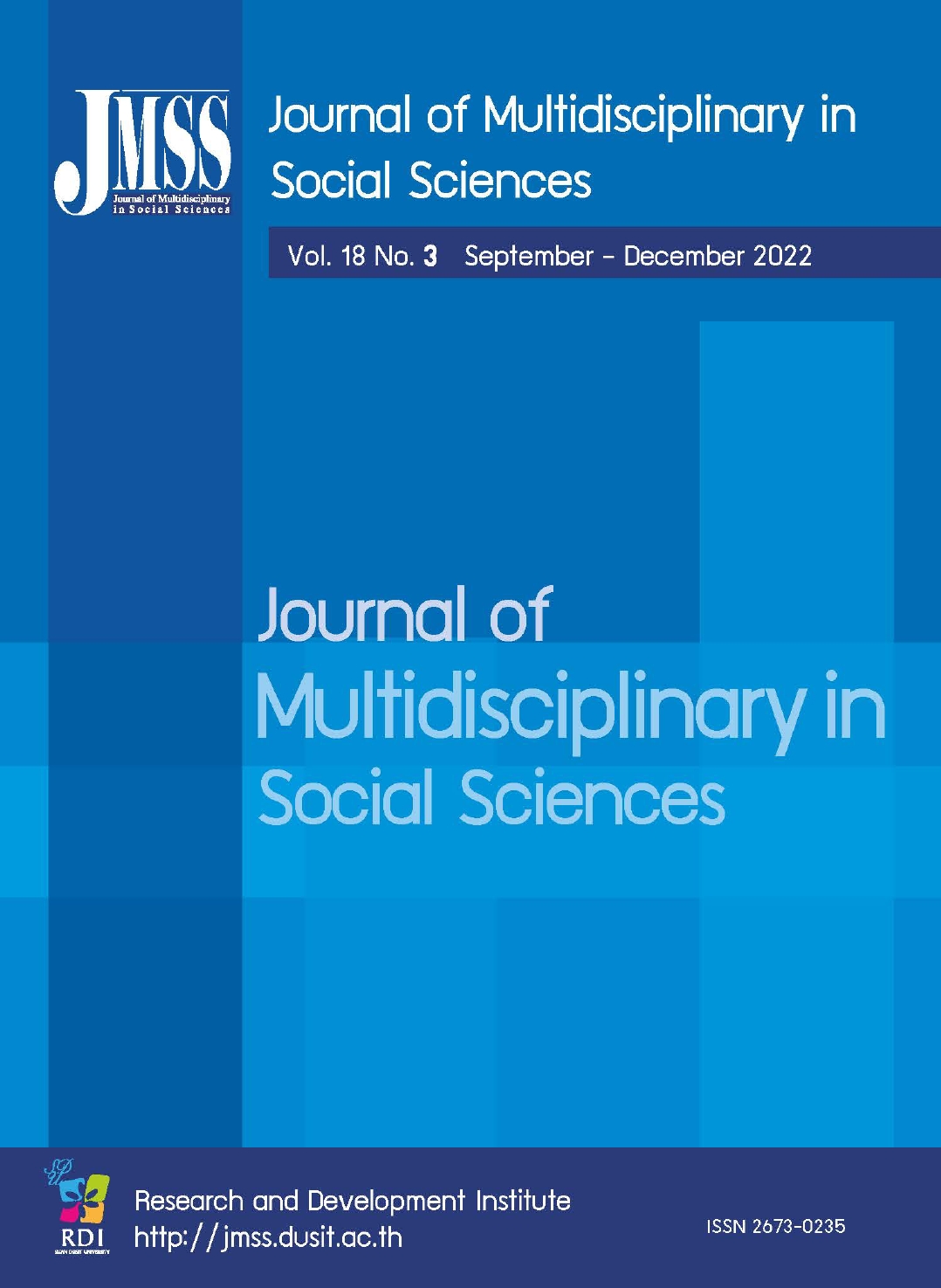The Influence of Tourist Satisfaction on Destination Intention of Revisiting: A Case Study of Yintan Scenic Area in Beihai, Guangxi
Keywords:
Tourist satisfaction, Visitors are willing to revisit, Beihai Yintan scenic area, Intention to revisitAbstract
With the rapid development of tourism and the acceleration of industry competition, the homogeneity of scenic spots is becoming more and more serious, and many scenic spots have the problem of low tourist revisit rates. Therefore, this paper takes Beihai Yintan scenic area as an example, selected the data of tourist satisfaction survey of Beihai Yintan scenic area as the data source, and used analysis software to conduct frequency, variance, factor, correlation, and regression analysis, etc., to research the influence mechanism of tourist satisfaction on the intention to revisit the destination. The conclusions are as follows: 1) The evaluation index of tourist satisfaction with Beihai Yintan scenic area can be divided into eight dimensions, including entertainment activities, shopping experience, and dining experience. The highest degree of tourist satisfaction is tourism resources, and the price of scenic spots has the lowest satisfaction. 2) In the multi-dimensional evaluation system of scenic spot satisfaction, in addition to overall satisfaction, the four dimensions of the evaluation of entertainment activities, tourism resources, scenic spot prices, and scenic supporting facilities are significantly related to tourists' willingness to revisit, and the degree of correlation decreases in order; 3) Satisfaction evaluation of tourists' overall satisfaction, tourism resources, supporting facilities and prices of scenic spots has a positive influence on revisit intention, and the degree of influence decreases successively. Satisfaction of recreational activities has a negative influence on revisit intention. 4) Although tourists are mostly satisfied with various dimensions of scenic spots, there is still much room for improvement in their overall satisfaction. Finally, the paper combines the changes in tourists' demand under the background of the normalization of the current pandemic and puts forward countermeasures and suggestions for the high-quality development of the Beihai Yintan scenic area after COVID-19.
References
Dou, L. (2016) The influence of elderly tourists' emotional solidarity with residents on revisit intention. Tourism Science, 30(5):63-73.
Eugene,W. and Claes, F. (1994). Customer Satisfaction, Market Share, and Profitability: Findings from Sweden. Journal of Marketing, 58(3):53-66.
Guo, A. X. and Huang, F. C.(2013). An empirical study on the key drivers of revisit intention: the comparison of perceived value, perceived attraction, tourist satisfaction and tourist trust. Journal of Jiangxi University of Finance and Economics, 2(1):38-46.
Jirat, Chuanchom. Nongluck, Popichit and et,al. (2021). Factors Influencing Thai Tourists' Decision Making to Choose Dvaravati Civilization for Tourist Attractions. Journal of Multidisciplinary in Social Sciences, 17(1): 28-36.
Liu, F. J. and Xu, J. Y. (2019). A research on the factors influencing tourists' revisit willingness based on an Meta-analysis. Tourism Science, 33(1):33-53.
Pannee, Suanpang. Jiranuch, Sopa and et, al. (2022). Gastronomy Tourism in Ayutthaya World Heritage from Tourist’s Perspective. Journal of Multidisciplinary in Social Sciences, 18(1): 1-8.
Raffaella, Nicoletta and Rocco, Servidio. (2012). Tourists' opinions and their selection of tourism destination images:An affective and motivational evaluation. Tourism ManagementPerspectives, 4.
Shu, T. C. and David, D. (2004). Examining the mediating role of experience quality in a model of tourist experiences. Journal of Travel & Tourism Marketing, 16(1):79-90.
Verinita,Yanda and Afrinon, Putra. (2019). Linkage of Tourism Product Variable, Destination Image, and Word of Mouth to Visiting Decision at Rantih Tourism Village, West Sumatera. Proceedings of the 3rd International Seminar on Tourism (ISOT 2018), 689-694.
Ximan, Zong. John, Barnes. (2020). Factors Affecting Chinese Tourists’ Pro-Environmental Intention to Stay at Eco-Friendly Hotels in Thailand. Journal of Multidisciplinary in Social Sciences, 16(2): 49-56.
Wen, Pang. Shu, Wang and et,al. (2018). Research on Destination ImagePerception Based on Digital Footprint of Tourism -- Taking Xiran as an Example. 3rdInternational Conference on Contemporary Education, Social Sciences and Humanities (ICCESSH 2018), 1288-1294.
Downloads
Published
How to Cite
Issue
Section
License

This work is licensed under a Creative Commons Attribution-NonCommercial-NoDerivatives 4.0 International License.








